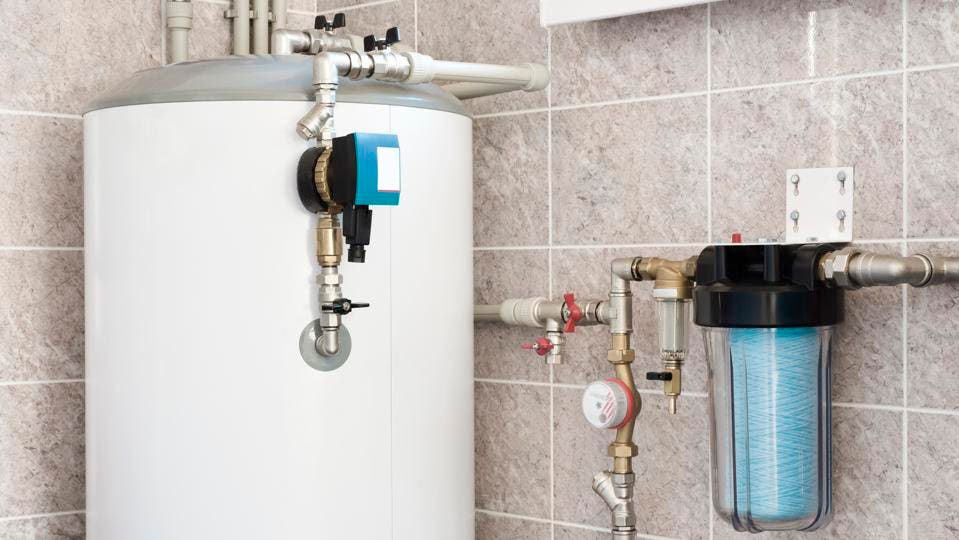Maintaining a water heater is vital for ensuring its efficiency, longevity, and your safety. Regular upkeep not only helps in preventing unexpected malfunctions that could result in costly repairs but also guarantees a consistent supply of hot water when you need it. It’s a common oversight in many households, yet dedicating some time to maintain your water heater can save you a lot of inconvenience and additional expenses in the long run. Imagine avoiding that cold shock of an unexpected cold shower or the frustration of water damage from a leak—this is the peace of mind proper water heater maintenance offers.
Several basic maintenance tasks can greatly enhance the performance and extend the life of your water heater. These tasks include periodic inspections for any signs of leaks, which could indicate a failing component or a loose connection. Equally important is the inspection and potential replacement of the anode rod—an essential component that prevents rust inside your water heater tank. Additionally, flushing out sediment from the tank annually and adjusting the temperature to an optimal setting can significantly reduce energy costs. For those living in colder regions, insulating the tank and pipes can prevent heat loss, further optimizing energy use.
Diving into more advanced maintenance, routinely testing the Temperature and Pressure Relief (T&P) valve is crucial for safety, as it prevents the tank from over-pressurizing. An annual flush of the entire tank is recommended to remove sediment buildup that can hamper efficiency. Checking and replacing the anode rod, when necessary, protects the tank from corrosion. For gas water heaters, ensuring that the venting system is not obstructed is vital for safe operation. These advanced maintenance steps can be the difference between a well-functioning unit and one that poses safety risks or operates inefficiently.
However, there are warning signs that indicate when it’s time to call a professional. If you notice leaks, inconsistent hot water supply, discolored water, or experience bad odors emanating from the water, it’s a clear indicator that something’s amiss. Similarly, an overheating tank or unusual noises like popping, cracking, or whining signifies that the water heater needs professional attention. It’s crucial to address these signs promptly to avoid larger, more expensive problems. Experts can diagnose issues that might not be apparent to the layperson and can ensure that your water heater operates safely and efficiently.

- A closer look at routine water heater maintenance tasks. Source: Chauncey Crail – forbes.com
Remember, while regular maintenance can be performed by most homeowners, there are instances when calling in an expert is not just recommended, but necessary. Professional plumeters bring the necessary experience and tools to handle complex problems that might arise during an inspection or maintenance task. For instance, if after inspecting the anode rod, you find it’s seriously depleted, or if the T&P valve fails to operate properly even after replacement, these situations call for expertise that goes beyond basic DIY skills. Working with gas lines or dealing with persistent issues like sediment buildup can also pose significant dangers if not handled correctly.
In conclusion, while maintaining a water heater might seem straightforward, certain signs and situations require the skill and expertise of a professional plumber. Whether it’s conducting an annual inspection, replacing a malfunctioning component, or addressing safety concerns like gas leaks or inadequate venting, calling the experts ensures your water heater is in optimal working condition. Doing so not only extends the life of your water heater but also protects your home from potential damage and keeps your energy costs in check. Heed these signs and don’t hesitate to call a professional when in doubt—your water heater, wallet, and peace of mind will thank you.


